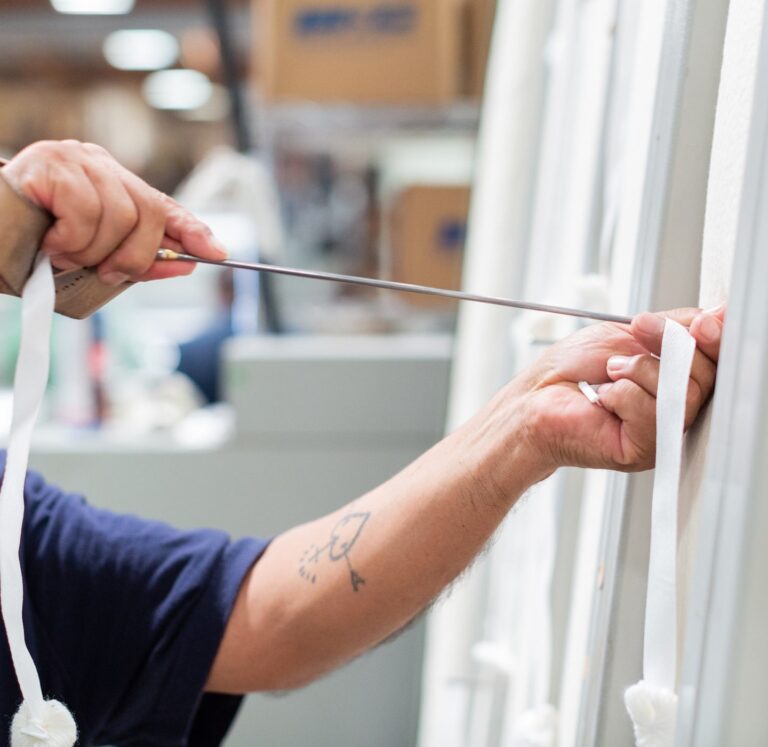The Truth About Nectar Mattresses: Are They Safe and Non-Toxic?
When it comes to finding the perfect mattress, safety and potential toxicity are major concerns for many consumers, especially those who prioritize their health. So, are
Quick Overview of Nectar Mattresses
1. CertiPUR-US Certified Foams: Free from harmful chemicals.
2. No Known Harmful Levels: They have been tested for heavy metals, formaldehyde, and phthalates.
3. Low VOC Emissions: Ensures better indoor air quality.
4. Addressed Fiberglass Concerns: Previous issues with fiberglass in the mattress have been actively resolved.
Understanding mattress safety involves more than just seeking comfort; it’s about ensuring you avoid exposure to harmful chemicals that can impact your health. Especially for individuals like our Client Avatar—a 35-year-old side sleeper with chronic back pain and allergies—eco-friendly materials and safety are paramount for achieving restful sleep and overall well-being amidst rising concerns over memory foam mattresses.
What Materials Are Used in Nectar Mattresses?
Knowing what goes into your mattress is crucial when assessing safety. Here’s a breakdown of the materials found in
CertiPUR-US Certification
Nectar mattresses boast foam that is CertiPUR-US certified, which means they are manufactured without harmful chemicals such as heavy metals, phthalates, ozone depleters, and formaldehyde. This certification is a sure indicator of safety, especially when compared to non-certified alternatives.
Foam Composition
The construction of
– Gel Memory Foam: This layer provides support while dissipating heat, making it ideal for those who tend to sleep hot.
– Dynamic Support Foam: It adds an element of bounce, ensuring that you don’t feel trapped in the mattress.
– Base Foam: A solid foundation for durability and support.
Together, these layers create a harmonious balance of comfort and support, tailored for a restful night.
Fire-Retardant Barriers: A Closer Look
All mattresses sold in the United States must adhere to federal fire safety regulations.
Silica Fibers vs. Fiberglass
While
Preventative measures stress the importance of never removing the mattress cover, as this protects you from potential exposure to fiberglass.
Are Nectar Mattresses Toxic?
Do They Contain Fiberglass?
Yes, some
– Respiratory Issues: Fiberglass particles can irritate the lungs when inhaled.
– Skin Irritation: Direct contact can lead to itching and rashes.
– Property Damage: Fiberglass can spread throughout your home, contaminating textiles and surfaces.
Nectar has issued clear warnings about the importance of keeping the mattress cover intact, highlighting the potential health risks associated with fiberglass exposure.
Do Nectar Mattresses Off-Gas?
Off-gassing, which is the release of volatile organic compounds (VOCs) after unpacking a new mattress, is often a complaint among consumers.
– Initial Smell: Many users report a chemical odor upon unboxing their
– Dissipation Time: This smell typically dissipates within a few days. To expedite this process, it’s advisable to unpack the mattress in a well-ventilated area.
If you are sensitive to smells, consider allowing your mattress to air out for 24 to 72 hours prior to sleeping on it. Most individuals experience only mild symptoms from off-gassing, but those with respiratory conditions may need to take special precautions.
Common Concerns and Legal Controversies
The Fiberglass Lawsuit
In 2020,
Discount Pricing Claims
Nectar has been engulfed in controversy regarding deceptive marketing practices, particularly accusations of falsely advertising limited-time sales when prices were consistently low. Such practices can damage consumer trust and raise ethical questions.
Warranty Issues
Some consumers have reported complications with
Conclusion: Are Nectar Mattresses Safe for You?
After thorough research, it’s reasonable to conclude that
Ultimately,
Final Recommendations
– Air Out Your Mattress: To minimize off-gassing smells, allow it to breathe for a couple of days before use.
– Check for Certifications: Ensure you opt for CertiPUR-US certified products for safer materials.
– Remember the Trial Period:
For additional details and personalized recommendations about

